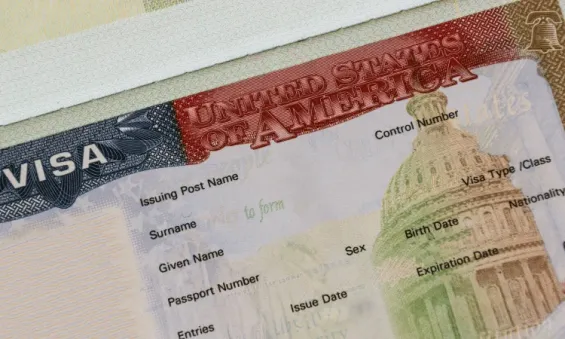If you’ve got a house full of kids, brace yourself — your water bill is about to sting. Families across the UK are waking up to what’s now being called the ‘bathtime tax’ — a hidden cost of everyday life that’s hitting bigger households disproportionately hard.
What Is the ‘Bathtime Tax’?
The term isn’t official, but it might as well be. The ‘bathtime tax’ refers to the steep rise in water bills for households with multiple children, where baths, laundry, and dishwashing aren’t just routine — they’re nonstop. With water meters now installed in over 60% of UK homes, bills are no longer based on property size but actual usage. That means the more showers, the more flushes, the more dishes — the higher the cost.
And for families, water usage is unavoidable. The average adult might get away with one shower a day and a few dishes. Add three kids, and you’re dealing with multiple bath times, endless laundry, and a kitchen sink that never seems to empty. It’s no surprise families are feeling squeezed.
Why Water Bills Are Rising
Water companies argue that metered billing is fairer, encouraging conservation. But many families feel they’re being penalized for simply living. What’s especially frustrating is that those in smaller households — often with higher incomes — may actually pay less for the same property just because they use less water.
In 2025, with inflation still lingering and household budgets tight, a rise in water rates — reportedly up by 7.5% on average — adds insult to injury. Families already juggling energy costs, childcare, and food bills are now forced to monitor every drop from the tap.
Can Families Avoid the ‘Bathtime Tax’?
In short: not entirely. But there are steps to soften the blow.
- Check if you can opt out of metered billing. In some areas, households can request to go back to unmetered charges.
- Apply for help. Water companies offer social tariffs for low-income households. If you’re eligible, this could significantly cut your bill.
- Use water-saving tools. Fitting a water-efficient showerhead, using a dishwasher instead of handwashing, or collecting rainwater for gardens can make a small difference.
- Monitor usage. Some smart meters let you track your consumption in real time. It’s not glamorous, but it helps.
The Bigger Picture
The ‘bathtime tax’ isn’t just about rising costs — it’s about fairness. For many families, these bills feel like punishment for having kids, not rewards for careful budgeting or responsible living. As water pricing becomes more usage-based, the pressure on large households is likely to grow.
It’s not a political issue — it’s a daily one. And until pricing models evolve to reflect the realities of family life, parents will keep footing the bill for simply trying to keep their kids clean.



